I Just Saw A Gifset That Split The Word "beautiful" Into 3 Gifs And I Think This One May Be The New T
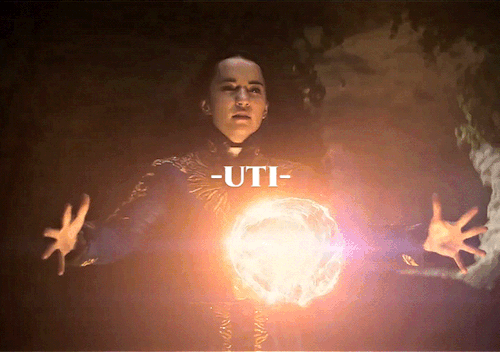
I just saw a gifset that split the word "beautiful" into 3 gifs and I think this one may be the new t hanos
More Posts from Ghiblibiotch and Others
If you're ever bored, here's a list of Studio Ghibli films you can watch for free.
Castle In The Sky (1986) Grave of the Fireflies (1988) My Neighbor Totoro (1988) Kiki’s Delivery Service (1989) Only Yesterday (1991) Porco Rosso (1992) Pom Poko (1994) Whisper of the Heart (1995) Princess Mononoke (1997) My Neighbors the Yamadas (1999) Spirited Away (2001) The Cat Returns (2002) Howl’s Moving Castle (2004) Tales from Earthsea (2006) Ponyo On A Cliff From The Sea (2008) The Secret World of Arrietty/The Borrower Arrietty (2010) From Up on Poppy Hill (2011)
If any of the links stop working, please let me know so I can fix it.
For Castle In The Sky, wait for the free user button to be clickable and it will send you to the video.
all the main characters walking through the battle of winterfell with their plot armor securely fastened

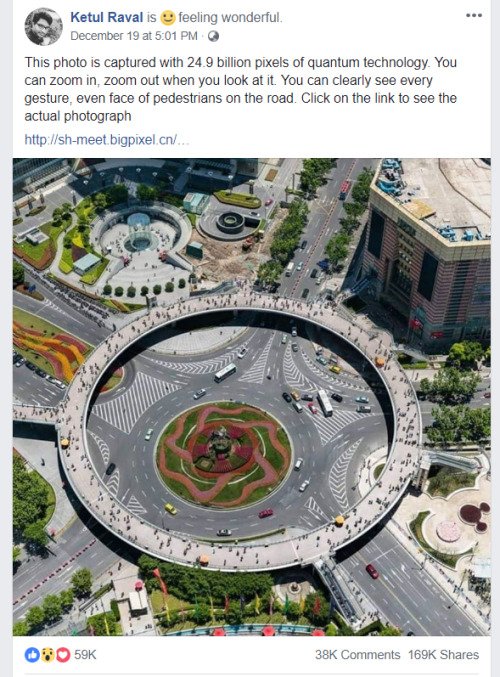
INCREDIBLE PHOTO <3
link below to see:
http://sh-meet.bigpixel.cn/?from=groupmessage&isappinstalled=0&fbclid=IwAR1CWHqrxwZ1OUHem0CjjLrTBDH2j2cS4zISRo_2a6coC-A_YkFRr6QzMls
credit to: ketul
loose, foot loose, put on your fuckin foot loose, feet, foot feet, dance on your fucking feet
Writing Female Characters
Anushia Kandasivam: So, Brandon, you just introduced a really amazing female character [Spensa] to us. Your female characters throughout all your books are resourceful and independent. Some of them are leaders, some of them go through very interesting journeys of growth and self-discovery. Some of your female characters, like Vin and Sarene, they have mentors and teachers who are men, but their decisions about who to be and what to do are always their own. They always have agency. Was it a conscious choice to write these female characters and their journeys like this, and can you tell us if the process was easy or difficult?
Brandon Sanderson: So, there are a number of different responses to this. One is, I came into fantasy by way of some excellent female novelists that I highly recommend. Barbara Hambly was my first experience with fantasy, and then Anne McCaffery, Melanie Rawn, and Jane Yolen were kind of my introduction to fantasy. It's how I got pulled into it. To the point that when I was first given a David Eddings book, I was hesitant, because I was like, "Is this a genre guys can write?" was my honest reaction to that.
So, when I started writing my own books, I knew I wanted to do a good job with this, but I was really bad at it at the start. It was very embarrassing to me as a writer. And this happens to all new writers. There are things that you want do that, in your head, you imagine yourself doing very well, and then when you start out, you just do poorly. And the later in life that you start writing your stories, the more you're generally able to recognize how poorly you're doing things that you want to do well. And my very first book, that I didn't publish, particularly the female lead was very generic, and written very much to fill the role of love interest rather than to be a character. And I recognized it, even as I was writing it, but I didn't know how to do it differently. And it took practice. It took a lot of work. It really shouldn't, on one hand, right? Write the characters as people. rather than as roles. That's what you have to learn is - everybody is the hero of their own story in their head. They're the protagonist, whoever they are. And writing the characters so that they view themselves that way, and so they have autonomy, and they aren't being shoved around by the plot or by the protagonist, or things like this, but it's just very hard to do. I had a lot of early readers who were very helpful. I often credit my friend Annie as being one of the big reasons why Sarene eventually ended up working in Elantris. And she gave me some early reads, and things like this.
But, you know... it is hard to abandon our own preconceptions that we don't even know are there without practice, effort, and somebody pointing them out to you. And it was just a matter of practice and trying to get better. And I still think that there are lots of times I get it wrong. And you mentioned Mistborn. And I was really determined that I was going to do a good female protagonist. I try to stay away from the kind of cliched term "strong female character." Because we don't talk about "strong male characters."
We talk about characters who are distinctive, interesting, flawed, and real people. And I was determined to do this with Vin. And I feel like I did a pretty good job. But, of course, I had a completely different blind side in that I defaulted to making the rest of the crew that Vin interacts with all guys.
This is because my story archetype for Mistborn was the heist novel, the heist story, and my favorite heist movies are Ocean's Eleven and Sneakers and The Sting, and these are great stories. I absolutely love them. But they all are almost exclusively male casts. And that's not to say that, you know, someone can't write an all-male cast if they want to. But it wasn't like I had sat down and said, "I'm intentionally going to write an all-male cast." I just defaulted to making the rest of the cast male because that was the archetype that was in my head, that I hadn't examined.
And so, when I got done with those books, I looked back, and I'm like, "Wouldn't this have been a better and more interesting story if there had been more women in the cast?" And I absolutely think it would have been. But becoming a writer, becoming an artist, is a long process of learning what you do well, what you do poorly, what you've done well once and want to learn how to replicate, what you've done poorly and want to learn to get better at. It's a very long process, I think, becoming the writer that we want to be.
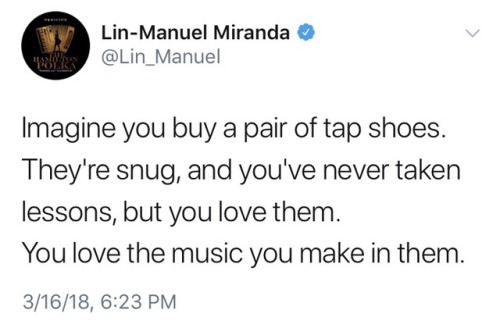
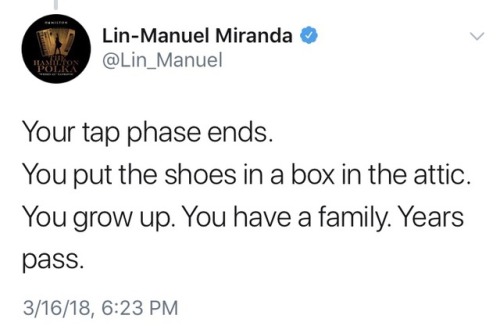
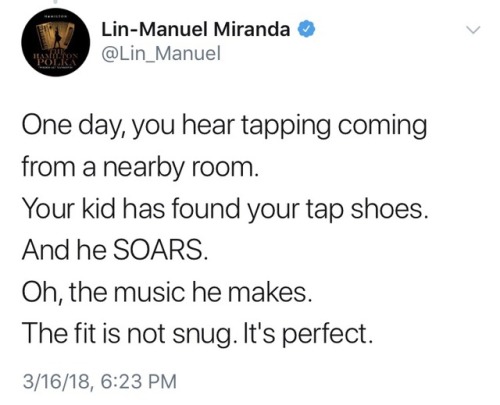
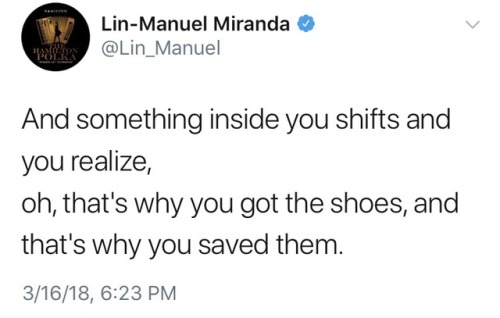
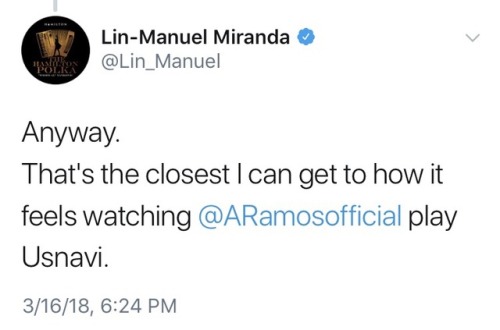
do the spiderverse kids all have. slightly different meme cultures
Magic level 99999
Subscribe to PaulVuTV
-
 thefullteal reblogged this · 2 days ago
thefullteal reblogged this · 2 days ago -
 anobeko liked this · 2 days ago
anobeko liked this · 2 days ago -
 extrathicccarlwheezer reblogged this · 2 days ago
extrathicccarlwheezer reblogged this · 2 days ago -
 r4d104ct1vef0l146e reblogged this · 2 days ago
r4d104ct1vef0l146e reblogged this · 2 days ago -
 running-wolves-on-fire liked this · 3 days ago
running-wolves-on-fire liked this · 3 days ago -
 cleverchaoslight liked this · 3 days ago
cleverchaoslight liked this · 3 days ago -
 erlann reblogged this · 3 days ago
erlann reblogged this · 3 days ago -
 marvinthemartianautopsyvideo reblogged this · 3 days ago
marvinthemartianautopsyvideo reblogged this · 3 days ago -
 rude-doggy reblogged this · 3 days ago
rude-doggy reblogged this · 3 days ago -
 glqwberries liked this · 3 days ago
glqwberries liked this · 3 days ago -
 midnightphantom6 reblogged this · 4 days ago
midnightphantom6 reblogged this · 4 days ago -
 afatalheat reblogged this · 4 days ago
afatalheat reblogged this · 4 days ago -
 ratsconfusion reblogged this · 4 days ago
ratsconfusion reblogged this · 4 days ago -
 meggiee4 reblogged this · 4 days ago
meggiee4 reblogged this · 4 days ago -
 meggiee4 liked this · 4 days ago
meggiee4 liked this · 4 days ago -
 asadlittleorange liked this · 4 days ago
asadlittleorange liked this · 4 days ago -
 loveverythingintheworld liked this · 4 days ago
loveverythingintheworld liked this · 4 days ago -
 caspertheloudassghost liked this · 4 days ago
caspertheloudassghost liked this · 4 days ago -
 sunshine6ixty liked this · 4 days ago
sunshine6ixty liked this · 4 days ago -
 that-one-cat-alternate liked this · 4 days ago
that-one-cat-alternate liked this · 4 days ago -
 izzieclarksonzz liked this · 4 days ago
izzieclarksonzz liked this · 4 days ago -
 r4d104ct1vef0l146e liked this · 4 days ago
r4d104ct1vef0l146e liked this · 4 days ago -
 that-ghost-pal reblogged this · 5 days ago
that-ghost-pal reblogged this · 5 days ago -
 letsdosomethingspecial reblogged this · 5 days ago
letsdosomethingspecial reblogged this · 5 days ago -
 ikbenroosje reblogged this · 5 days ago
ikbenroosje reblogged this · 5 days ago -
 donniedarkosomethjnf liked this · 5 days ago
donniedarkosomethjnf liked this · 5 days ago -
 wonderingcheshirecat liked this · 5 days ago
wonderingcheshirecat liked this · 5 days ago -
 soup-loving-lesbian reblogged this · 5 days ago
soup-loving-lesbian reblogged this · 5 days ago -
 soup-loving-lesbian liked this · 5 days ago
soup-loving-lesbian liked this · 5 days ago -
 error84744838 liked this · 5 days ago
error84744838 liked this · 5 days ago -
 turtleslip reblogged this · 5 days ago
turtleslip reblogged this · 5 days ago -
 garnetame reblogged this · 5 days ago
garnetame reblogged this · 5 days ago -
 garnetame liked this · 5 days ago
garnetame liked this · 5 days ago -
 hazelnutsoop liked this · 5 days ago
hazelnutsoop liked this · 5 days ago -
 tenebri reblogged this · 5 days ago
tenebri reblogged this · 5 days ago -
 calmsober reblogged this · 5 days ago
calmsober reblogged this · 5 days ago -
 calmsober liked this · 5 days ago
calmsober liked this · 5 days ago -
 hec-chan liked this · 5 days ago
hec-chan liked this · 5 days ago -
 carouselofrats liked this · 5 days ago
carouselofrats liked this · 5 days ago -
 sjrose1216 reblogged this · 5 days ago
sjrose1216 reblogged this · 5 days ago -
 sjrose1216 liked this · 5 days ago
sjrose1216 liked this · 5 days ago -
 gorightnow reblogged this · 5 days ago
gorightnow reblogged this · 5 days ago -
 liminoidal liked this · 5 days ago
liminoidal liked this · 5 days ago -
 princessmalpractice reblogged this · 5 days ago
princessmalpractice reblogged this · 5 days ago -
 aydenburd reblogged this · 5 days ago
aydenburd reblogged this · 5 days ago -
 worksfrogressadministration reblogged this · 5 days ago
worksfrogressadministration reblogged this · 5 days ago -
 venyachristine reblogged this · 5 days ago
venyachristine reblogged this · 5 days ago -
 bekindtakenoshit liked this · 5 days ago
bekindtakenoshit liked this · 5 days ago
